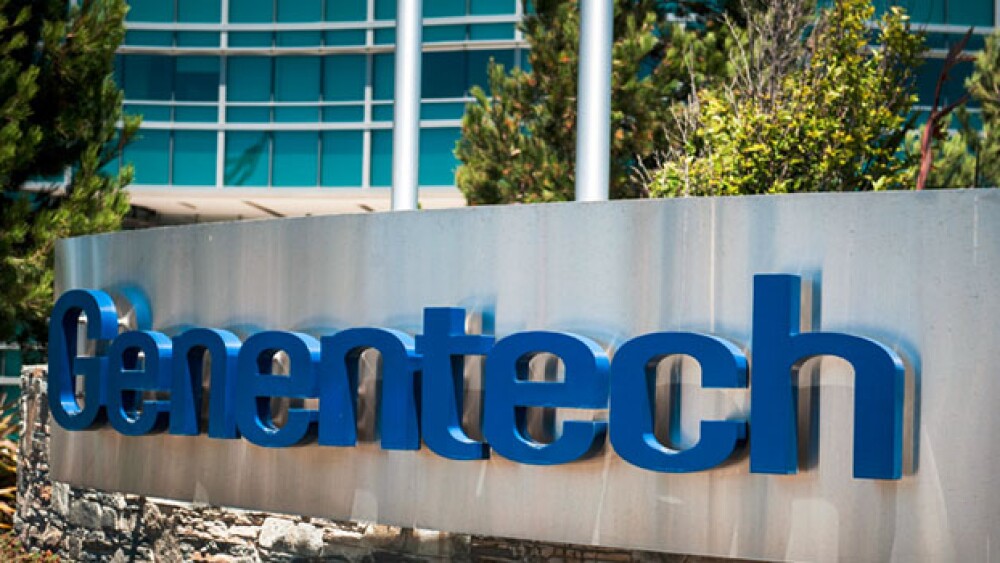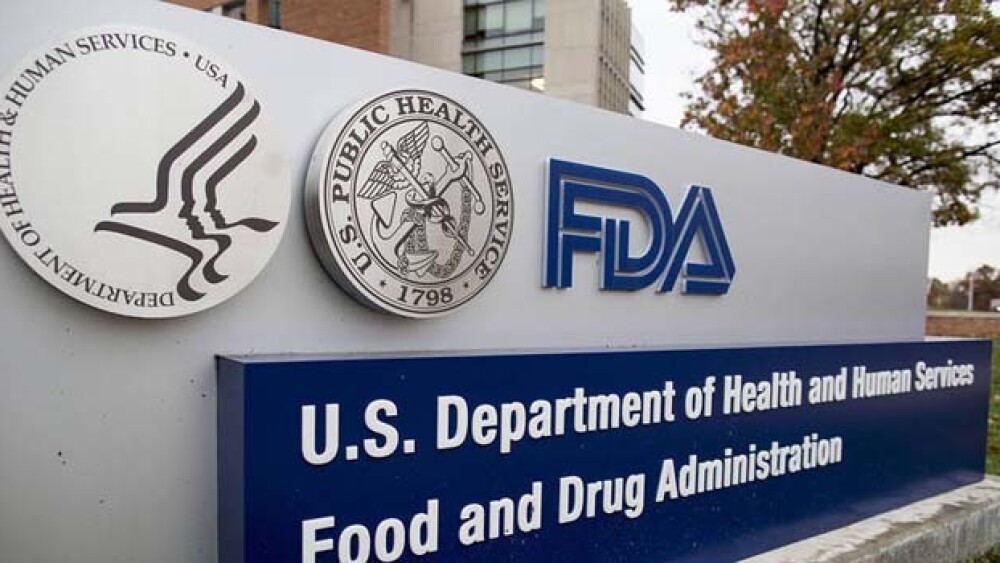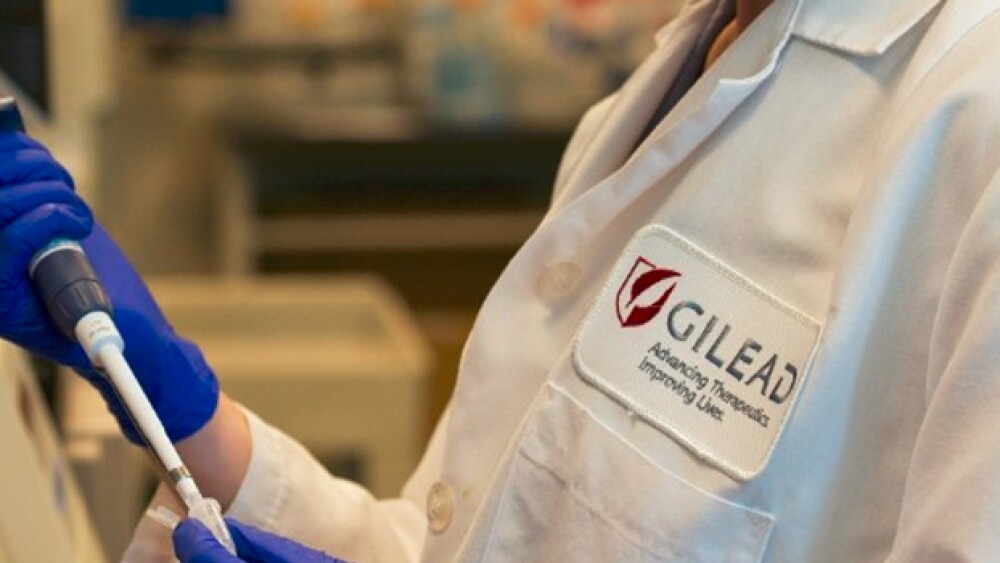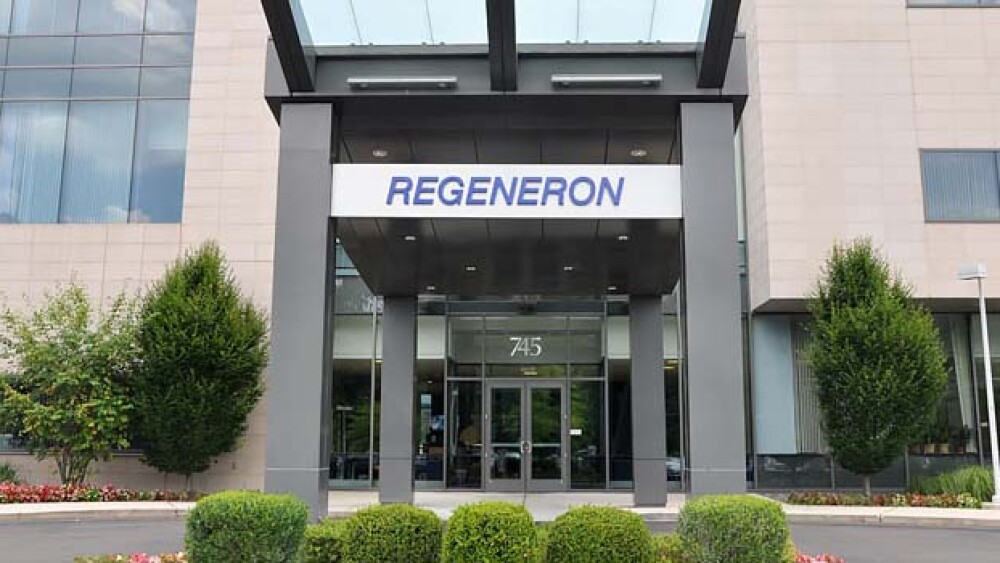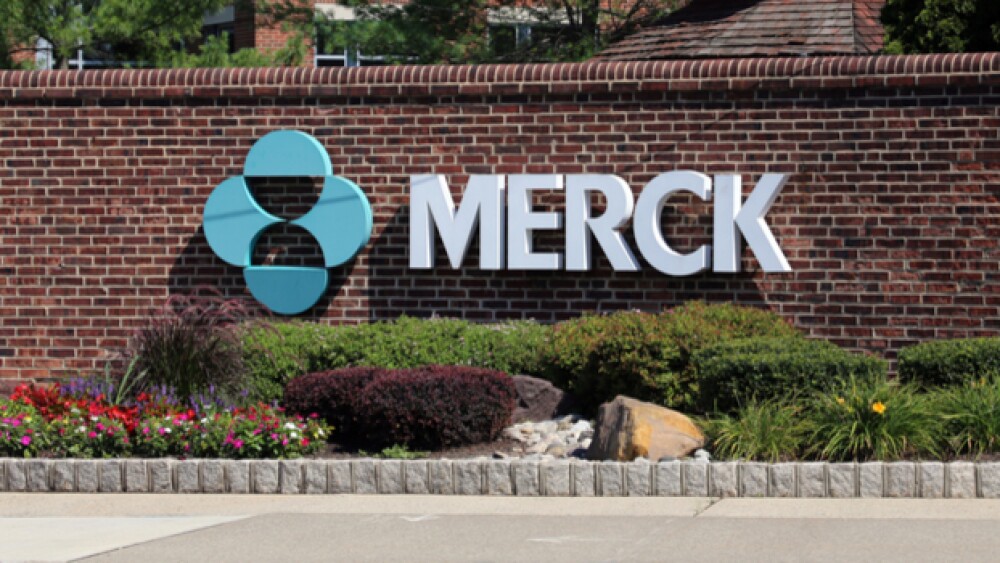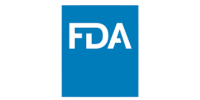
Food and Drug Administration (FDA)
NEWS
GW Pharmaceuticals, with offices in London, UK and Carlsbad, Calif., announced that its Epidiolex (cannabidiol) for seizures associated with Lennox-Gastaut syndrome (LGS) or Draven syndrome is now available in the United States.
A study evaluated fixed-duration the two companies’ Venclexta/Venclyxto (venetoclax) in combination with Genentech’s Gazyva/Gazyvaro (obinutuzumab) in patients with previously untreated chronic lymphocytic leukemia (CLL) and co-existing medical conditions.
The U.S. Food and Drug Administration (FDA) gave the green light to Hyrimoz, a biosimilar to AbbVie’s blockbuster drug Humira, five years ahead of the time it can be launched in U.S. markets.
The U.S. Food and Drug Administration (FDA) and Department of Homeland Security (DHS) are celebrating National Cybersecurity Awareness Month by announcing a strengthened partnership to buff up medical device cybersecurity, increasing communication and coordination between the two agencies.
There are no treatments for autism, but that’s not stopping research into the development of therapies for core symptoms of autism spectrum disorder. This week, London-based AMO Pharma reported Phase II results from its investigational glycogen synthase kinase 3 (GSK3) beta inhibitor, AMO-02 (tideglusib).
Noting advances in genetic manipulation and gene editing, the Food and Drug Administration announced a new Plant and Animal Biotechnology Innovation Action Plan.
The deal, which will last several years, has Tango performing target discovery and validation. Gilead will be able to option rights to up to five targets that come out of Tango’s work.
Nearly two weeks after the U.S. Food and Drug Administration approved Sanofi and Regeneron’s Dupixent as an add-on maintenance therapy for moderate to severe asthma, the France-based company reported a surge in sales for the medication in its most recent quarterly report.
Merck’s blockbuster anti-PD-1 therapy Keytruda has snagged another regulatory approval from the U.S. Food and Drug Administration. The checkpoint inhibitor has been approved, in combination with chemotherapy, as a first-line treatment for patients with metastatic squamous non-small cell lung cancer.
JOBS
IN THE PRESS


